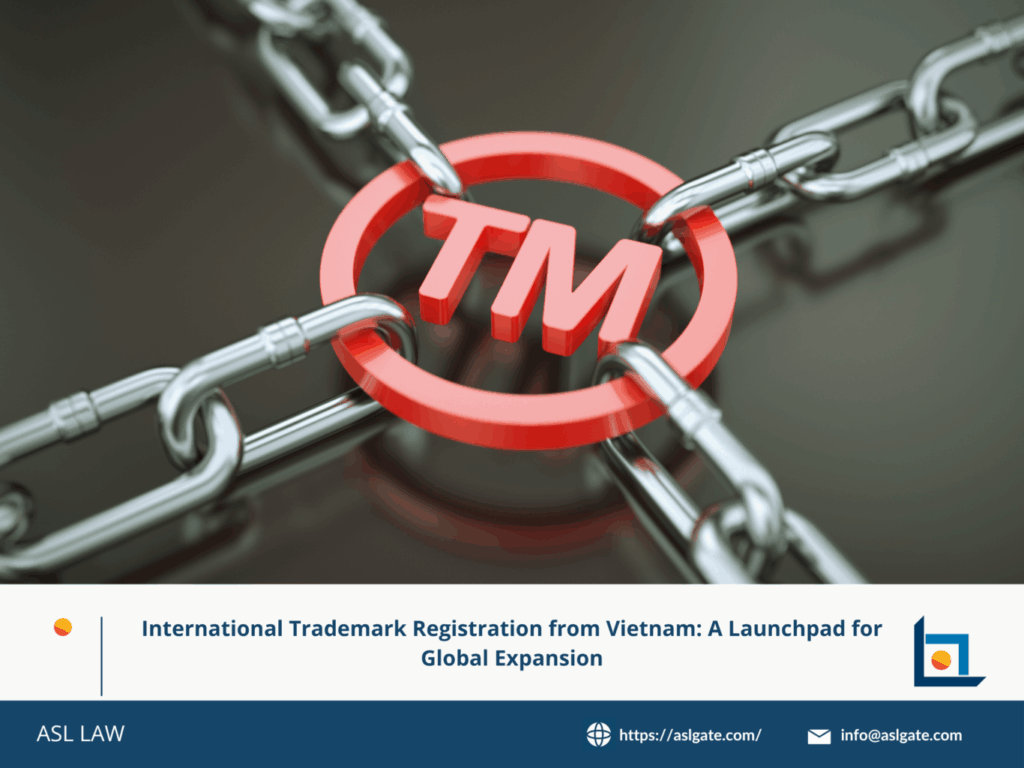In the era of globalization and cross-border trade, protecting trademarks beyond Vietnam’s borders has become an essential strategy for businesses aiming to expand internationally. International trademark registration not only mitigates legal risks but also enhances brand reputation and value in target markets.
Vietnam is a member of the Madrid System—a global mechanism that enables international trademark registration through a centralized procedure. However, to make the most of this system, businesses must clearly understand the process, requirements, and practical considerations involved in each step.
1. Prerequisite: A national application or registration of trademark in Vietnam
Under the Madrid System, Vietnamese businesses can only file an international application (international trademark application) if they already have a pending or granted Vietnam trademark application (referred to as the “basic application” or Vietnam trademark registration).
This means the Vietnam trademark application must fully align with the international filing in terms of:
- Trademark form
- List of goods/services
- Ownership details
If the basic Vietnam trademark application is refused, withdrawn, or canceled within five years from the date of international registration, the international trademark will automatically become invalid as well.
Therefore, ensuring your trademark in Vietnam is prepared with high quality from the outset is critical to prevent cascading risks throughout your global trademark portfolio.
Therefore, it is critical to ensure that the national application is well-prepared and of high quality to prevent any negative repercussions on the international filing. For legal advice on securing and managing your Vietnam trademark, consult a top-tier Vietnam law firm specializing in international trademark protection.
2. Strategic market selection: More is not always better
When filing an international trademark application, businesses may designate one or more member countries of the Madrid System where they seek protection. Market selection should be based on business strategy, export potential, competitive landscape, and the need for legal enforcement in each jurisdiction.
It’s important to note that each designated country has the right to refuse protection within 12 to 18 months if the trademark does not meet its local legal standards. As such, researching national laws, examination practices, or even appointing local representatives can significantly improve the likelihood of approval.
3. Monitoring, renewal, and opposition: Post-registration management is key
Once an application is submitted via the Madrid System, it is published and forwarded to the designated countries. During this stage, businesses must actively monitor communications from the International Bureau (WIPO) and local intellectual property offices to promptly respond to any requests for amendments, clarifications, or third-party oppositions.
Moreover, maintaining the validity of international trademarks requires timely trademark renewal in Vietnam and an organized tracking system to avoid loss of rights due to administrative oversights. Actual use of the trademark in designated markets is also essential to safeguard rights in the event of disputes or cancellation proceedings. A well-planned Vietnam trademark renewal process is critical for long-term brand protection.
ASL Law is a leading full-service and independent Vietnamese law firm made up of experienced and talented lawyers. ASL Law is ranked as the top tier Law Firm in Vietnam by Legal500, Asia Law, WTR, and Asia Business Law Journal. Based in both Hanoi and Ho Chi Minh City in Vietnam, the firm’s main purpose is to provide the most practical, efficient and lawful advice to its domestic and international clients. If we can be of assistance, please email to [email protected].
ASL LAW is the top-tier Vietnam law firm for Intellectual Property Services. If you need any advice, please contact us for further information or collaboration.

 Tiếng Việt
Tiếng Việt 中文 (中国)
中文 (中国) 日本語
日本語

